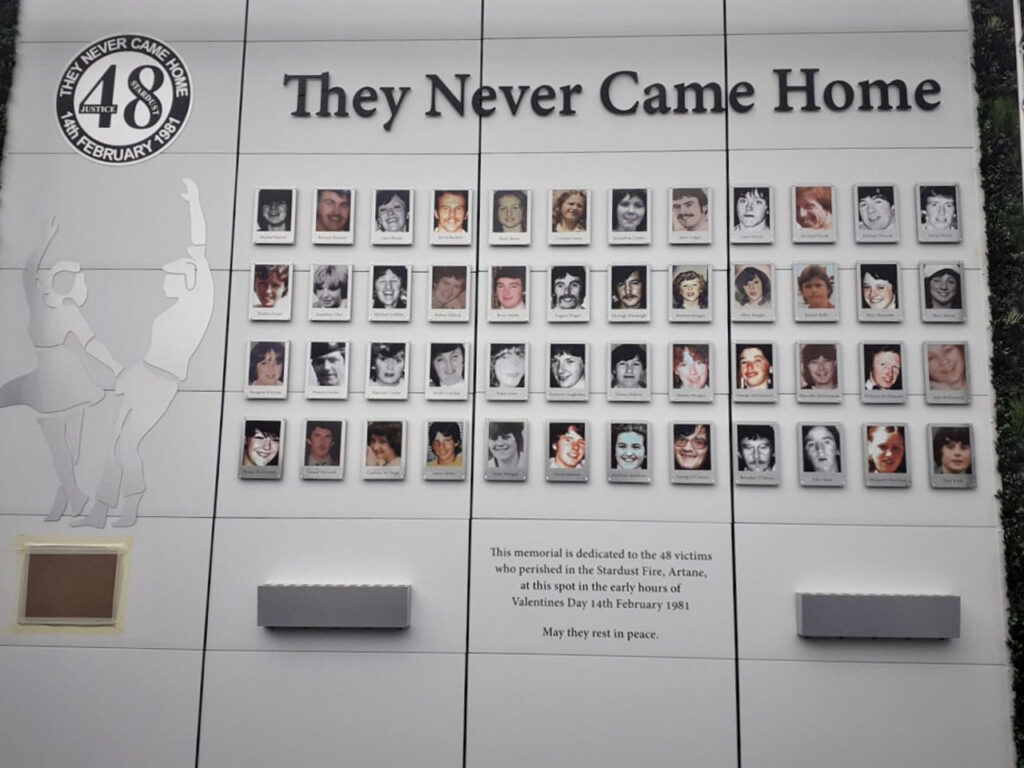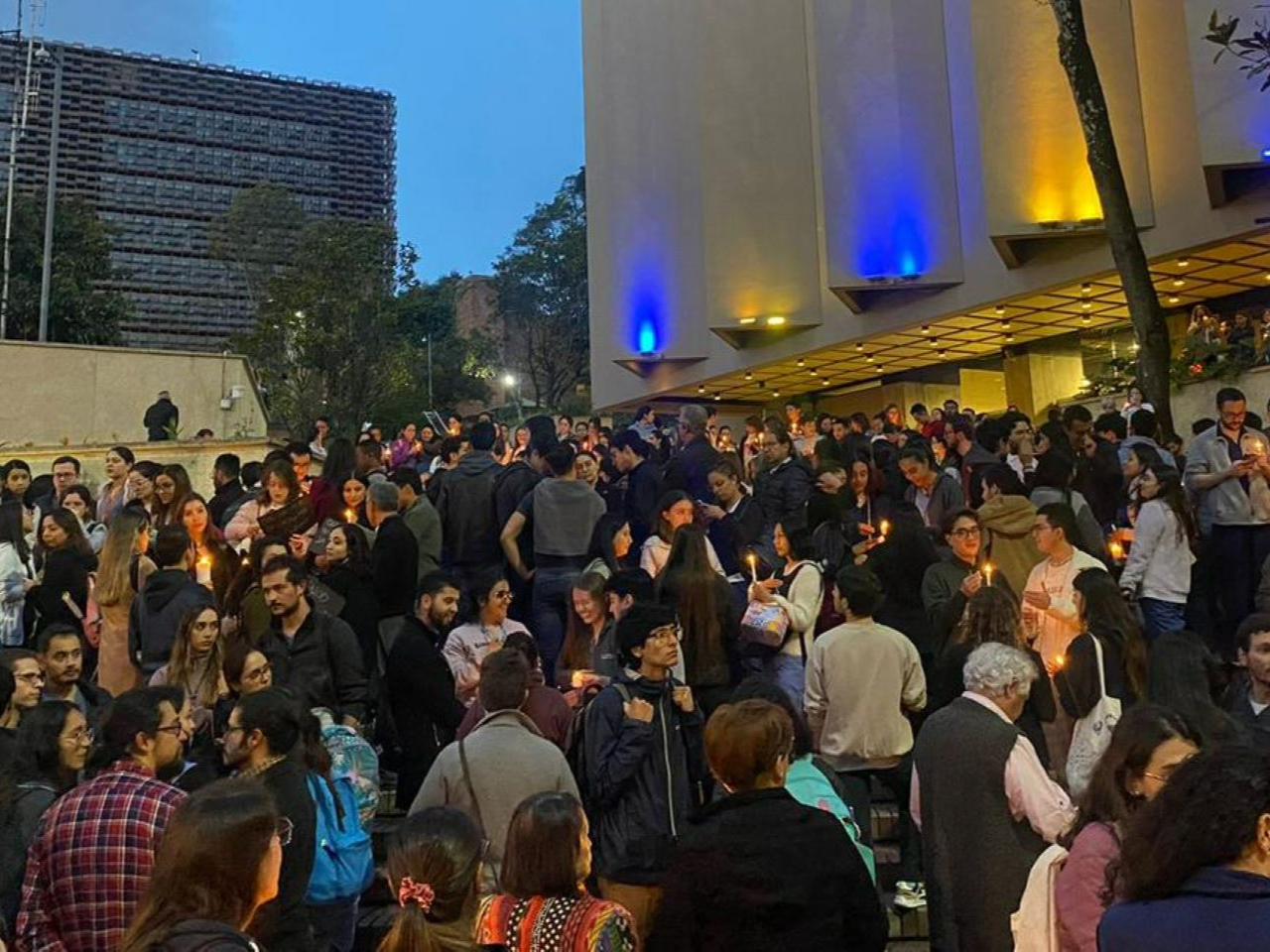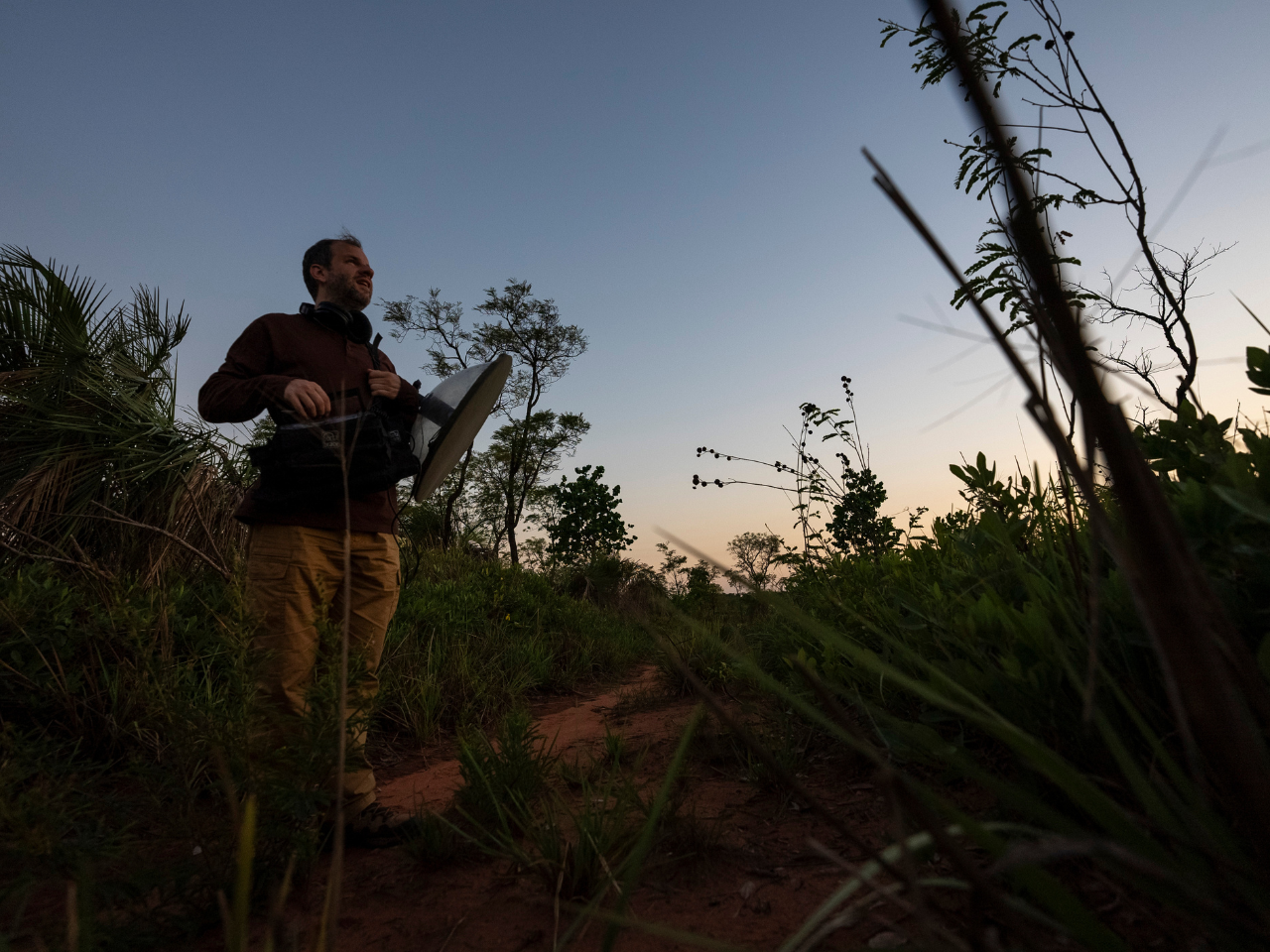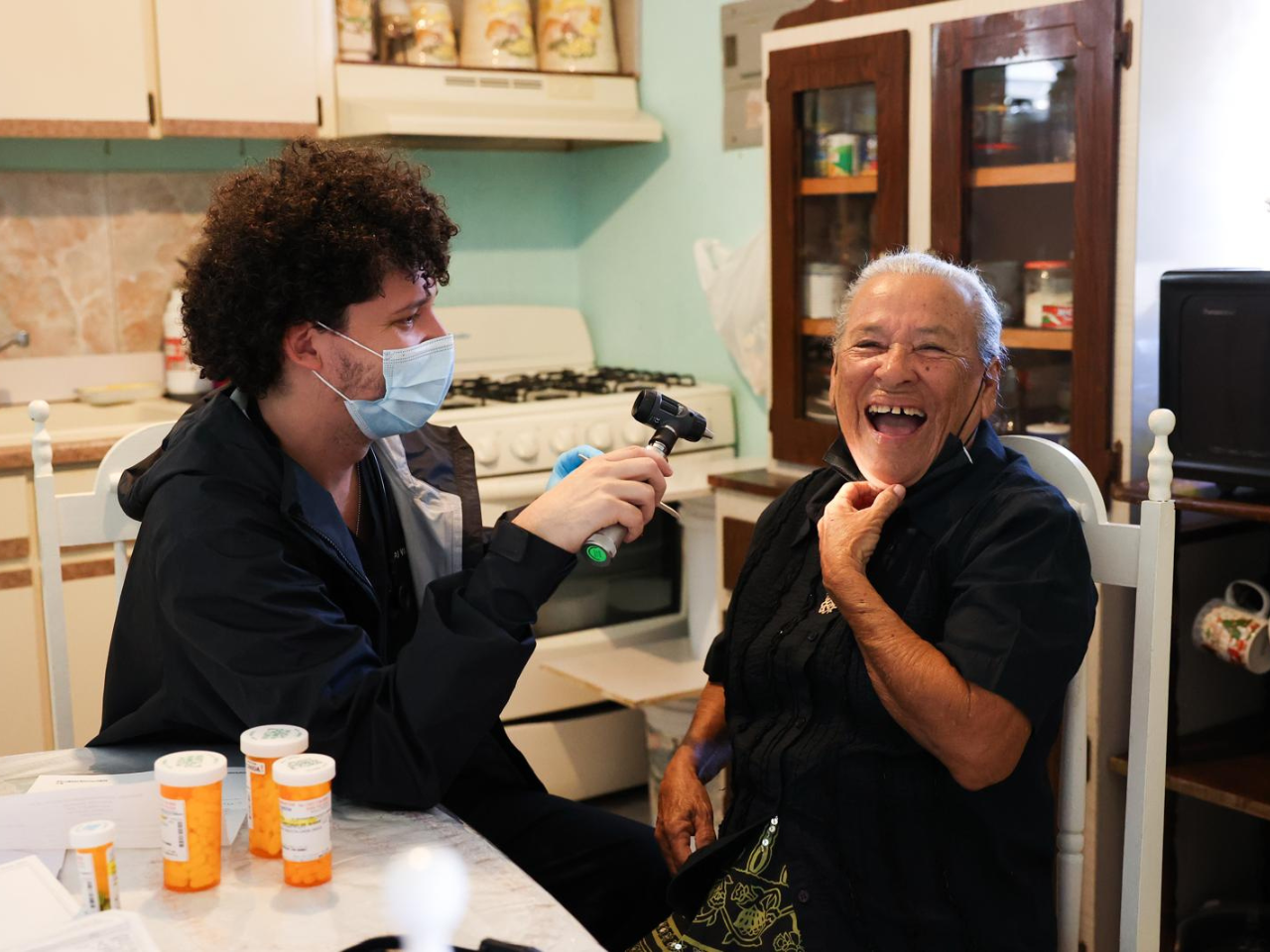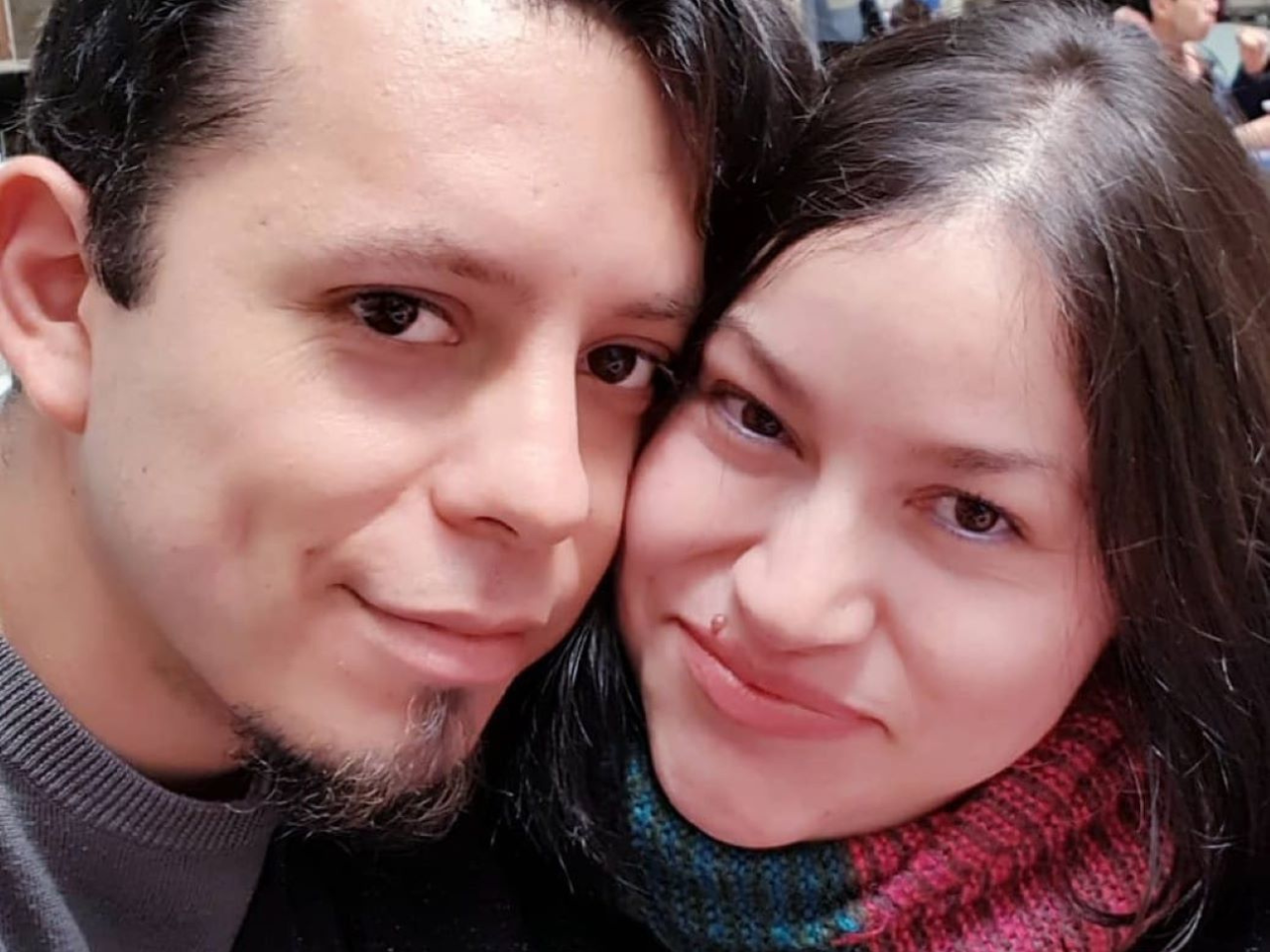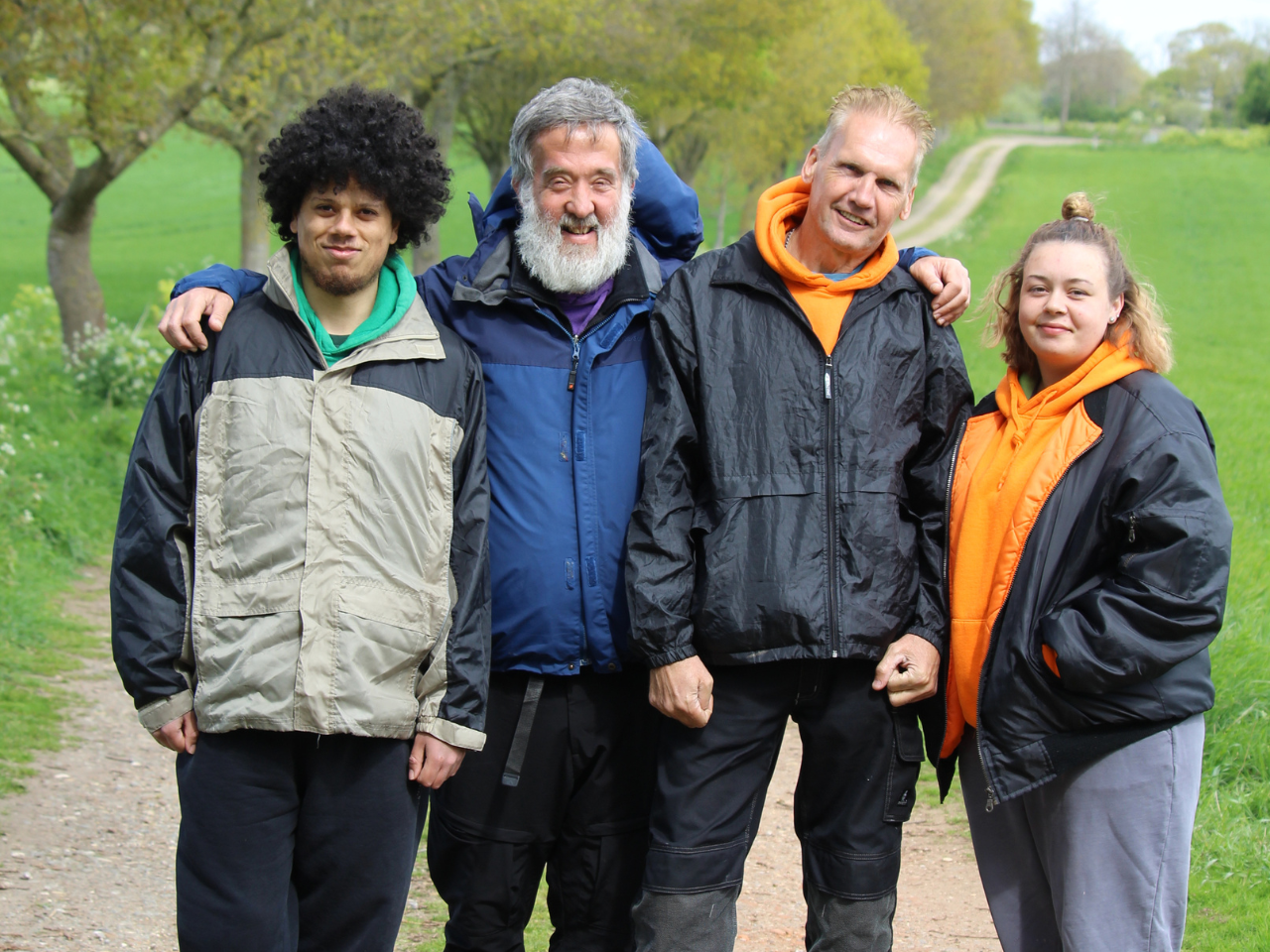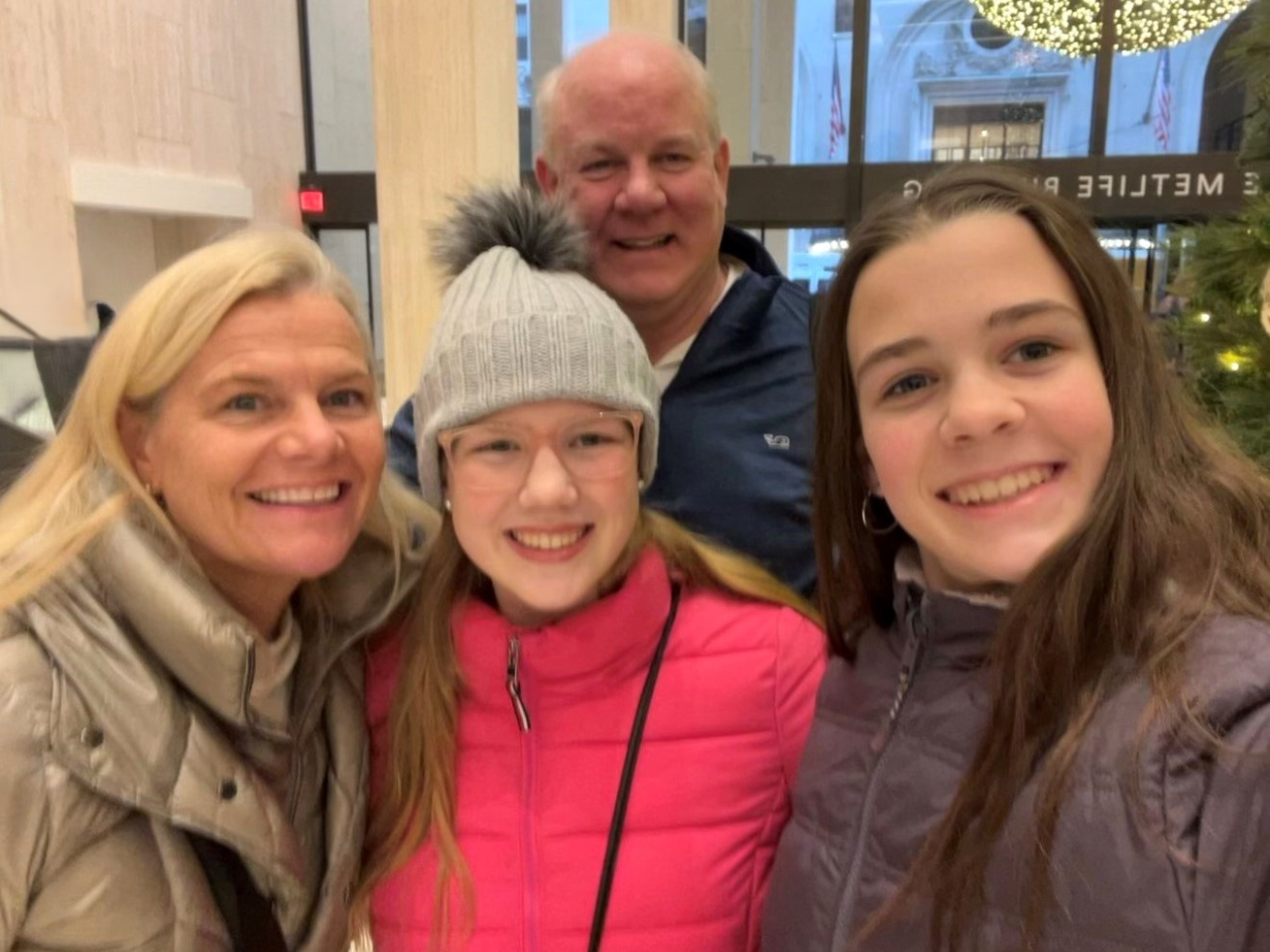Sole orphan of the infamous Stardust nightclub fire in Dublin reacts to state apology 43 years later
Growing up, I always felt different. I was known as “special Lisa,” the girl who lost her parents in the fire. I became a poster child for the tragedy, called the Stardust Baby since before I could walk. People spoke in hushed tones or whispered around me, making me feel scared and isolated.
- 2 years ago
June 23, 2024

DUBLIN, Ireland — In April 1981, at 17 months old, my parents were a young, happily married couple in Dublin, Ireland. The night before Valentine’s Day, despite rarely going out, they decided to enjoy an evening of dancing and music at the Stardust Nightclub. They left me at home with a babysitter. The club, which was hosting a dance competition, seemed like a safe place, but my parents never came home.
During the night, a small fire broke out in the venue. The DJ assured everyone not to panic, claiming the situation was under control. However, within minutes, chaos erupted as the fire spread uncontrollably. Over 800 people attended the event that night. My father escaped but was unable to find my mother. He took a deep breath and went back in to save her. Neither of them survived.
Within six or seven minutes, my world ripped apart. Forty-eight people became victims that night, leaving me as the only orphan from the tragedy. [For 43 years, the families of the victims lived without answers and a proposition issued by the government early in the investigation that someone in the club committed arson. In April 2024, a jury concluded in a reopened investigation that “the fire originated in and started due to an electrical fault in the hot press in the bar,” and that lack of visibility, lack of knowledge of building layout, the heat of the fire, failure in emergency lighting, lack of staff preparedness, and speed of spread contributed to the deaths. Some exits were also chained shut or obstructed.
Read more stories from Ireland at Orato World Media.
My parents died in the Stardust fire
After my parents died, I went to live with my grandparents. My grandmother became the only mother I ever knew. She understood my pain, but I was too young to understand hers. She constantly cried, and I always wondered what was wrong. As a small child, I felt a huge responsibility to make her happy.
Everything I ever heard about my parents came from others. Francis and Maureen, my parents, meant the world to me. My mother was elated when she had me and became very protective, a story I love to hear. I don’t remember their voices, which may be a blessing and a curse. If I could remember, I would miss them even more. These stories, though cherished, can never replace the warmth of their presence. My parents’ love and life were taken from me in a horrific way.
Growing up, I always felt different. I was known as “special Lisa,” the girl who lost her parents in the fire. I became a poster child for the tragedy, called the Stardust Baby since before I could walk. People spoke in hushed tones or whispered around me, making me feel scared and isolated. Starting school, I realized it marked the beginning of life without my parents, a daunting prospect for any child. I didn’t want my grandmother to leave me there.
The shadows of that night followed me everywhere. I developed severe separation anxiety. Once in Benidorm, meeting friends at a bar, I saw the word “Stardust” printed over the door. I backed away, wanting to go home. The pain felt too close and too real. Over the years, I sometimes felt angry. When I talk to my father, I ask him, “Why did you go back in? Why didn’t you come back to me?”
Taoiseach [Irish prime minister] acknowledges tragedy, marking history
Following the Stardust tragedy, my family and others felt neglected by the state and frustrated they held no one accountable for the worst fire disaster in Irish history. It wasn’t until April 2024, when a new inquest concluded the fire was not caused by arson, that I felt a bittersweet sense of relief. This finding provided a sense of closure and a step towards justice, but it could never bring back our lost loved ones.
After the inquest, the state invited families of victims to Dáil Eireann, where the Taoiseach [Ireland’s prime minister] delivered a public state apology to the nation. I remember feeling both excited and absolutely terrified that day. We checked into the grand government building in the morning. A large media presence gathering ahead of the anticipated speech, and the organizers led us into a large meeting room adorned with cakes. There, we met Simon Harris, Taoiseach of Ireland.
I sat in the gallery as Harris began to deliver his speech. It felt surreal. Decades passed since the Stardust tragedy, and I never believed this day would come. As I sat in the gallery of the council room, I braced myself. Even before I could walk or talk, the Stardust tragedy anchored itself in my mind. During the speech, the Taoiseach mentioned my father. “Francis,” he said, “an army man with a love of style, had great leadership skills, and never liked to leave his beautiful baby, Lisa. He was 25.” He spoke of my mother too, “Maureen, a loving and devoted mother to Lisa, full of dreams for the future.”
It felt as if the weight of the Stardust tragedy finally lifted
As the ceremony continued, he mentioned my mother and father’s shared interest in fashion, and how they always appeared immaculately dressed. Normally, I appear to be a strong person, but I just fell apart when he spoke about my parents. Tears streamed down my face.
The Taoiseach’s address concluded by acknowledging that we will never know for certain how many lives were ended by the tragedy. He said, “Beyond the 48 whose names we know, there were countless others whose lives were turned to ash on that terrible night. Their hopes and dreams were destroyed twice over. First by the fire, and then by the successive failures of the State to do what was right. And for that, I am truly sorry.”
It became an atmosphere of jubilant celebration. Everyone embraced and cried. People told me how proud my parents would be of me. Leaving the Dáil that day felt strange. I had closure, and it felt like a rebirth. Having the Taoiseach shake my hand and apologize meant the world to me.
Since the state apology, I feel like the weight of the Stardust tragedy lifted from my life. I always felt stuck, but now I can move on. I look at the people who offered loyal encouragement and support over the years with awe. As I described the day to my own children, I realized sitting in the gallery that day as the Taoiseach delivered his speech, I witnessed history in the making.

